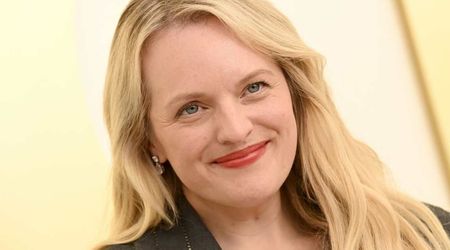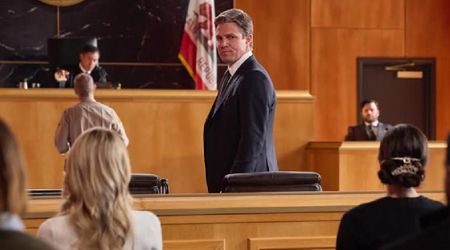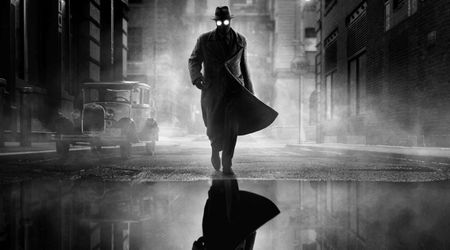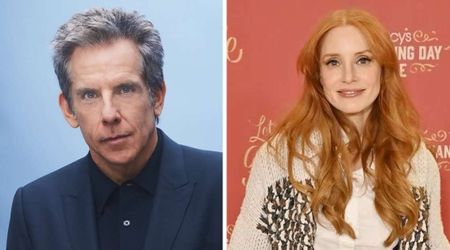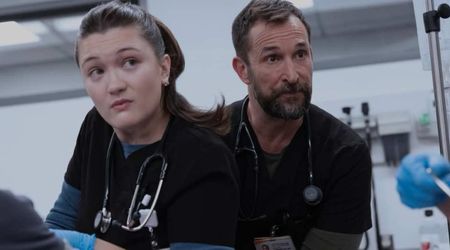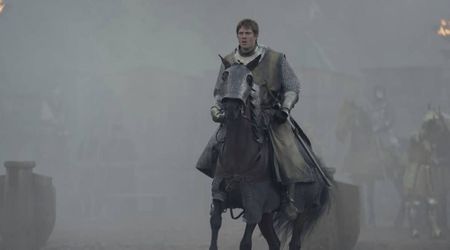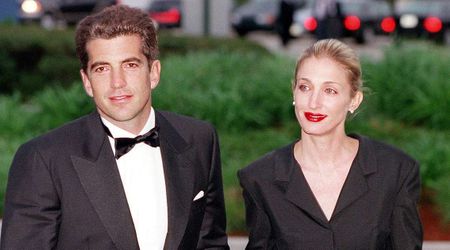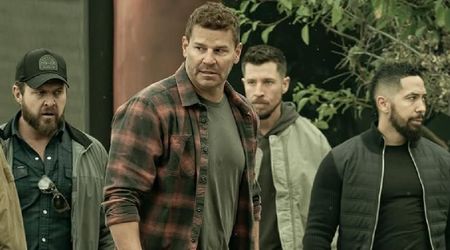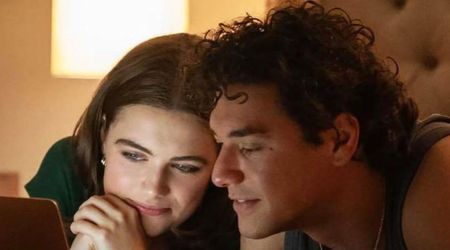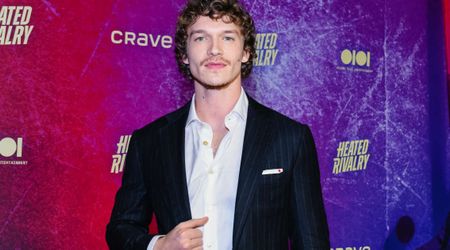'Equal' docuseries on HBO: Who was Ernestine Eckstein? Black activist gave wings to '60s queer rights movement

HBO Max's latest docuseries tells the stories of forgotten people and events in LGBTQ+ history. As far as television programs go, 'Equal' is one of the most comprehensive accounts of the movement's history, covering not just the famous Stonewall Riots but also the movements that preceded it as well as the people who came before America started to see a revolution for the community.
The first episode of 'Equal' largely focuses on the Mattachine Society and the Daughters of Bilitis, which were early gay and lesbian rights groups respectively, and their leaders: Harry Hay, Dale Jennings, Phyllis Lyon and Del Martin. However, one activist who is mentioned briefly but played a large role in the early LGBTQ+ movement is Ernestine Eckstein. Eckstein was one of the earliest Black activists in the LGBTQ+ movement.
She helped steer the United States Lesbian and Gay rights movement during the 1960s and was a leader in the New York chapter of the Daughters of Bilitis. Her influence helped the Daughters of Bilitis move away from negotiating with medical professionals and towards tactics of public demonstrations. Her understanding of, and work in, the Civil Rights Movement lent valuable experience on public protest to the lesbian and gay movement.
Ernestine Eckstein was one of the first participants in the July 4th "Annual Reminders" picket lines organized by homophile organizations — under the leadership of Frank Kameny—from 1965 to 1969 at Philadelphia’s Independence Hall. She was the first black woman on the cover of The Ladder, the magazine published by the Daughters of Bilitis when she was featured on the cover in 1966.
“Most lesbians that I know endorse homophile picketing, but will not picket themselves. I will get in a picket line, but in a different city,” Eckstein told The Ladder’s Barbara Gittings and Kay Lahusen, referencing her White House protest. “Picketing I regard as almost a conservative activity now. The homosexual has to call attention to the fact that he’s been unjustly acted upon. This is what the Negro did.”
“I would like to see in the homophile movement more people who can think,” she told The Ladder. “And I don t believe we ought to look at their titles or at their sexual orientation. Movements should be intended, I feel, to erase labels, whether 'Black' or 'White' or 'homosexual' or 'heterosexual'.”
In many ways, Eckstein was ahead of her time. While in the 1960s, trans rights were not generally included in the fight for queer rights, Eckstein advocated for the “transvestite” community to be included in the homophile movement, as she stated in her interview with The Ladder.
She said, “I feel the homophile movement is only part of a much larger movement of the erasure of labels. I think the right of a person to dress as he chooses must necessarily follow when we expand our own philosophy of bringing about change for the homosexual."
Eckstein continued, "I’m not saying it’s exclusively a homosexual problem, but I am saying it’s a problem of sexual identity. So far as society is concerned the two are lumped together and therefore once we solve ours, I see no reason why we cannot begin to expand into other areas. And this one is so closely aligned with our own.”
'Equal' is available to stream on HBO Max from October 22.

